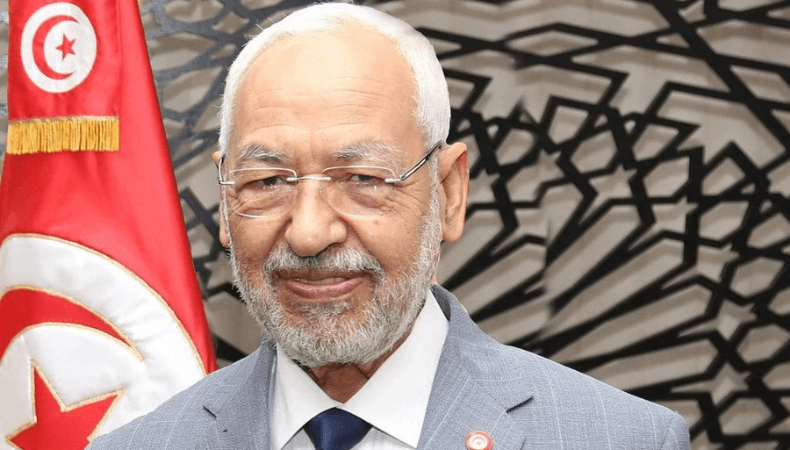Tunisia’s President Extends Emergency, Opposition Leader Sentenced To 3 Years

Tunisia’s President Kais Saied has decided to extend the state of emergency in the country until the end of 2024. This state of emergency has been in place since 2015 following an attack that resulted in the death of several presidential guards.
This move by President Saied continues his control over Tunisia’s government, which began in July 2021 when he dismissed the prime minister, suspended parliament, and took over executive powers.
This action was criticized by many political parties in Tunisia, who saw it as a move against the constitution and the progress made since the 2011 revolution.
They argue that President Saied is trying to change the government system to increase the power of the presidency.
Meanwhile, Rached Ghannouchi, a major figure in Tunisian politics and leader of the Ennahdha party, has been sentenced to an additional three years in prison. This new sentence is for illegally getting money from foreign sources for his party.
Ghannouchi, who is 82 years old, was already serving time for other charges including “terrorism”. This has increased tensions between him and President Kais Saied, as Ghannouchi is a well-known critic of the president.
Ghannouchi’s son-in-law, Rafik Abdessalam, also received a three-year sentence in the same case, but he was not present in court. The court also ordered Ennahdha to pay a large fine of $1.17 million.
Ghannouchi was first arrested in April 2023 for actions that were seen as threatening the country’s security. He had warned that removing certain political groups could lead to serious conflicts in Tunisia.
Ghannouchi’s initial arrest and conviction were partly due to a statement he made at a funeral, which was taken as an insult to the police.
Ahmed Nejib Chebbi, a leader in the opposition, argues that Ghannouchi is not receiving a fair trial and that the current government is using its power to punish its opponents.
Ghannouchi’s imprisonment is part of a wider action against opposition members in Tunisia. This includes the arrest of Abir Moussi, another opposition leader.
These actions have raised concerns about human rights and freedom in Tunisia, especially since Ghannouchi’s party was a key player after the 2011 revolution that ended the dictatorship in the country.




